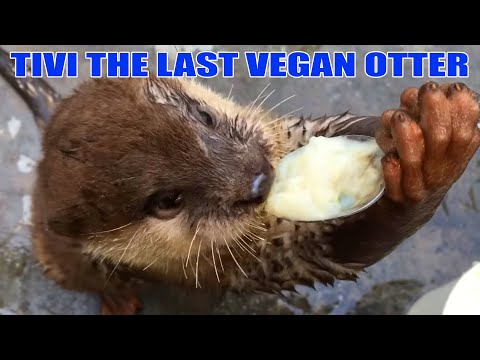For years, pet owners have been divided on the topic of whether or not it is ethical to feed their pets a vegan diet. While some claim that all animals, including our beloved furry friends, should follow a vegan lifestyle, others argue that animals have specific dietary needs that must be met in order to thrive. This contentious debate has led to questions about what kinds of pets can safely be fed a vegan diet.
Dog-matic vegans firmly believe that dogs should not consume any animal products and advocate for a plant-based diet. Their principle is rooted in the belief that all animals should be treated equally, including our furry companions. They argue that dogs can thrive on a carefully balanced vegan diet consisting of plant-based proteins, carbohydrates, fats, and supplements.
Proponents of feeding dogs a vegan diet argue that omnivorous canines evolved alongside humans and adapted to survive on whatever food was available. They state that high-quality plant protein sources like legumes, lentils, and quinoa can meet their nutritional needs without relying on animal products. Additionally, they believe this approach is more sustainable and eco-friendly.
However, veterinarians and many experts strongly disagree with feeding dogs exclusively plant-based diets. Dogs are considered facultative carnivores—meaning they are capable of deriving nutrients from both plants and animals but still require certain essential nutrients primarily found in meat. These include amino acids like taurine and L-carnitine, omega-3 fatty acids like DHA and EPA, as well as vitamins such as B12.
While some dog owners may choose to follow a vegetarian or vegan diet themselves out of personal beliefs or ethical considerations, it is important to prioritize the health and well-being of our pets. The American Veterinary Medical Association (AVMA) states that “meat-based diets are nutritionally complete” for dogs. They caution pet owners that attempting to feed a dog a vegan diet may result in malnutrition, health issues, or poor growth.
Contrary to dogs, cats are obligate carnivores. This means they have strictly meat-based nutritional requirements and cannot adequately obtain essential nutrients from a plant-based diet. The debate over whether cats can be vegan is easily settled, as experts unanimously agree it is not appropriate or safe to feed cats a vegan diet. Cats require specific nutrients like taurine, arachidonic acid, and vitamin A that are only found in animal products and cannot be sufficiently synthesized by their bodies.
So if you’re an ethical vegan looking for a non-carnivorous companion, what options do you have? Herbivorous pets such as rabbits and guinea pigs can safely thrive on well-balanced vegetarian and vegan diets. These small animals have unique digestive systems that allow them to extract essential nutrients from plants more efficiently. Nonetheless, it is always recommended to consult with a veterinarian before making any significant changes to your pet’s diet.
In conclusion, while certain herbivorous pets can safely thrive on vegetarian or vegan diets under proper guidance, it is important to prioritize the health of our animal companions over personal beliefs. Dogs and cats have specific nutritional requirements that must be met through carefully formulated diets containing animal-based proteins and nutrients. The debate surrounding whether or not our pets should follow a vegan lifestyle will likely continue, but responsible pet ownership requires us to prioritize their health and well-being above all else.



